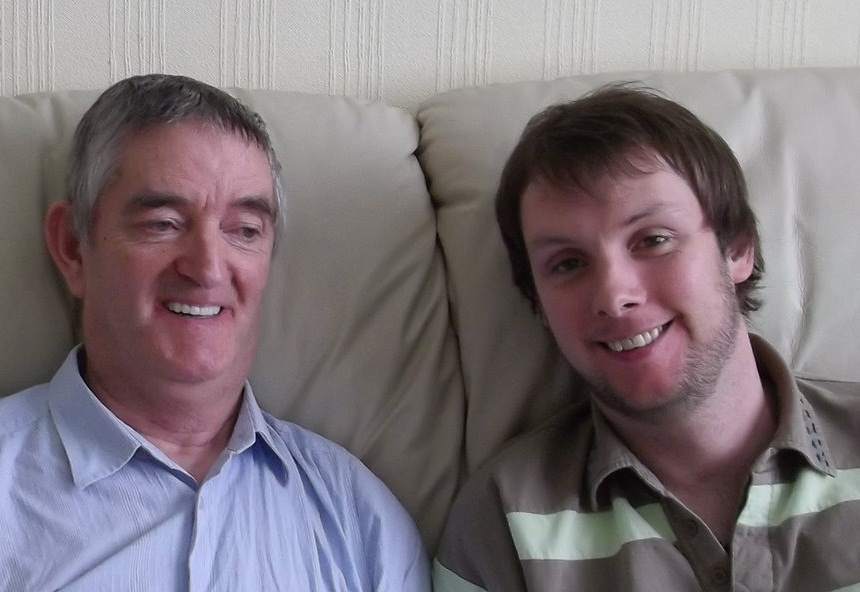Don’t worry, be happy!
Carer Colin Royle, who looks after his dad, Malcolm, who has suffered with dementia since 2005, examines the “anxieties” of personal health budgets:
 A great quote by Mark Twain that has always stuck with me – “I’ve had a lot of worries in my life, most of which never happened”.
A great quote by Mark Twain that has always stuck with me – “I’ve had a lot of worries in my life, most of which never happened”.
This recently came to the forefront of my mind when I attended a meeting about the implementation of pre-paid cards. In case you’re unsure what a pre-paid card is, they are one method in which a person may manage their allocated money in both health and social care; an alternative to a direct payment. But of course, like most things, that isn’t all they are.
Prepaid cards are also – a way of reducing administration, a potentially less bureaucratic system, a potentially more bureaucratic system, a source of fear for those in receipt of direct payments, a source of relief for commissioners, a source of relief for those in receipt of funding, a source of tension, a headache, a cure for anxiety and a cause of anxiety, and many more things!
Of course, what they become is largely down to those that implement pre-paid cards at a local level.
Many of the fears that people have around them perhaps aren’t specific to the cards themselves, but also to the roll-out of personal health budgets as a whole.
People want choice and control. People want to be seen as experts in managing their own lives. People want to be trusted and respected and appreciated. People want to have fewer worries in their lives. And I’m talking about ALL people, not just those who commission or are in receipt of care.
When it comes to the implementation of personal health budgets, I know that people have many concerns. What if an individual runs off with the money? What if it is spent badly on things that simply do not work? Who is responsible for a person’s health once a plan is signed off – the individual in receipt of the money, or does it still lie with the commissioner? What if something then happens to that individual?
Recipients, too, have their own concerns. What if personal health budgets are used as a way of cost-cutting? What if prepaid cards are used as a form of over monitoring? What if the outcomes of the care plan can’t be agreed? What if it turns out I don’t like this package of care, can I go back to the old system? What if I don’t get the choice and control over how I manage the money or how I spend the budget?
Most of these fears can be allayed by good communication and to me, good conversation epitomises those things that a personal health budget is trying to achieve. People should walk away from a good conversation feeling listened to, treated as an expert, having more choice and control and feeling less worried and anxious.
Much work has gone into ensuring that people have good, solid guidance so they can best implement personal health budgets. The evaluation showed the best outcomes are achieved when people have the greatest flexibility around how the money is held and how it is spent.
It also showed the importance of people having an indicative budget so they know how much money they have to spend on their care. And it also highlighted the change in relationship between professionals and people in receipt of care that it can enable.
The right to ask for a personal health budget has now finally arrived. I know and understand many of the fears that people have, on all sides of the spectrum. But let’s trust that people won’t run off with the money – as 99 per cent of people don’t (an actual statistic).
Let’s trust that people will spend their money wisely, as the evaluation has shown.
Let’s trust that people benefit from making decisions and having choice and control in their own life.
Let’s trust that this can work, as the evidence suggests it will.
For not worrying about the things that may never happen, could make a lot of people in receipt of care much, much happier.
